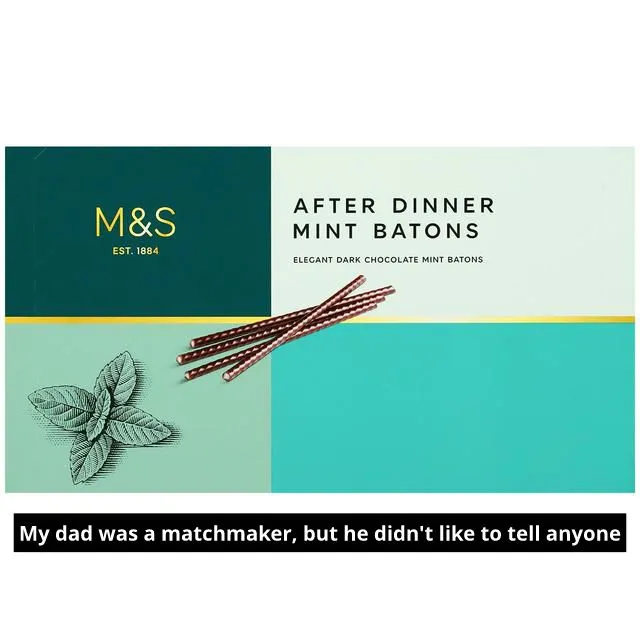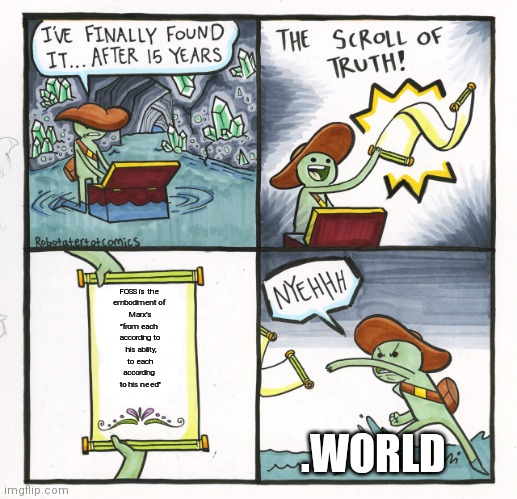All profits from the digital sales will go to the Woodland Trust.
The countryside: a place of tranquillity, less compromised by modern life, harmonious communities, innocence and safety. This much is the rural idyll. Yet the rural is also the unknown rustling in the hedgerow as the country lane is travelled at night. It can be the half-seen shapes and shadows in the woodland and copse; the desolate hillside, the treacherous rocky crag; the lone leafless tree atop the knoll. The countryside is the space where supposed closely-knit social ties become like suffocating and impenetrable knotweed to the outsider, the incomer, the blow-in. It is the place of curious rituals, wyrd practices and often unfamiliar and still-surviving lore: a space haunted by the ghosts of occluded pasts. Beyond the supposed rural idyll malevolent forces often work, uncanny sensations prowl and the eerie is always lurking and ready to be encountered.
Rural Eerie seeks to explore this countryside through music, sound, spoken word, poetry and visuals. It hopes to bring to the surface different ruralities – real, half-remembered, imagined, absent and present – and make us think differently about the countryside.
A number of poets and writers were commissioned to speak to this idea. Each poet and writer gave Flange Circus a number of keywords from their writing and the band then crafted individualised soundscapes befitting their work.
Presented by Flange Circus, Emily Oldfield (Haunt Manchester) and MASSmcr, Rural Eerie was debuted and performed in its entirety on the 19th October 2019 at The Peer Hat in Manchester, as part of the Gothic Manchester Festival 2019 (bit.ly/2XF8kKB). An abridged version was performed at the Manchester Folk Horror Festival III 1st Feb 2020, also at The Peer Hat in Manchester (youtu.be/egd7JTdDyxY).
Flange Circus are:
Pete Collins: Keyboards, Programming, Noises, Visuals.
Bon Holloway: Keyboards, Programming, Field Recordings, Noises.
John Taylor: Keyboards, Accordion, Noises.
The poets and writers appearing on Rural Eerie are:
Emily Oldfield:
Emily is a writer originally from Rossendale, currently based in Manchester. She is interested in the intersections between writing, place, community and under-covered histories. Her first poetry pamphlet ‘Grit’ was published with Poetry Salzburg in March 2020. During 2020 she has been working on a project about Winter Hill as part of Penned In The Margins’ Edgelandia series and is the Editor of Haunt Manchester (Manchester Metropolitan University). She has also written for a number of music websites including Louder Than War and At The Barrier.
Mark Pajak:
Mark has written for The BBC, The Guardian, and The London Review of Books, among others. His first pamphlet, ‘Spitting Distance’, was selected by Carol Ann Duffy as a Laureate’s Choice and is published with smith|doorstop (poetrybusiness.co.uk/bookshop/). You can find him at: markpajakpoet.com
Helen Darby:
Helen is a poet and performer who has lived in the North West of England for nearly 50 years. Her piece for Rural Eerie is inspired by harvest rituals, folk music and the rise of populism in contemporary times. You can find her at: Helendarbypoetry.com
Sarah Hymas:
Sarah lives by Morecambe Bay, England. Her writing appears in print, multimedia exhibits, as lyrics, installations and on stage. She also makes artist books and immersive walks. You can find her at: www.sarahhymas.net
Andrew Michael Hurley:
Andrew Michael Hurley is a short story writer and the author of three novels, The Loney (Winner of the 2015 Costa Book Awards First Novel Award), Devil's Day and Starve Acre. He teaches Creative Writing at Manchester Metropolitan University's Writing School.
Track 12, ‘The Desolation’, is read and performed by Louise Holloway. This comprises a number of stanzas of the epic poem ‘The Desolation of Eyam’ by Mary Howitt (1827). The last stanza is from Canto II of ‘Medicus-Magus’ by Richard Furness (1836).
All music written by Flange Circus.
Field recordings from various rural locations in: Derbyshire, Lincolnshire, Oxfordshire, Norfolk, Suffolk and North Yorkshire.
Produced, Mixed and Mastered by Bon Holloway at High Peak Recordings, New Mills, Derbyshire. www.highpeakrecordings.com
Mark Pajak, Sarah Hymas and Andrew Michael Hurley were recorded at Manchester Metropolitan University with the assistance of Lucy Simpson.
Flange Circus would like to extend special thanks to Lucy Simpson and Emily Oldfield. Without their dedication and enthusiasm, Rural Eerie would never have happened.
We would also like to thank: all the poets and writers, MASSmcr, Haunt Manchester, RAH! Manchester Met (@mmu_RAH), The Three B's, Mrs. H., KMH & DCH & MNH, Nick Kenyon at The Peer Hat, Ian Rothwell and Salford City Radio, Richard Skelton, Kevin Fisher, Matt Gannicliffe and you. Especially you.


I've used TH72 a bit. I'd describe it more as shock proof than flexible. It'll certainly make your miniatures robust, but it's nowhere near as soft as something like TPU.